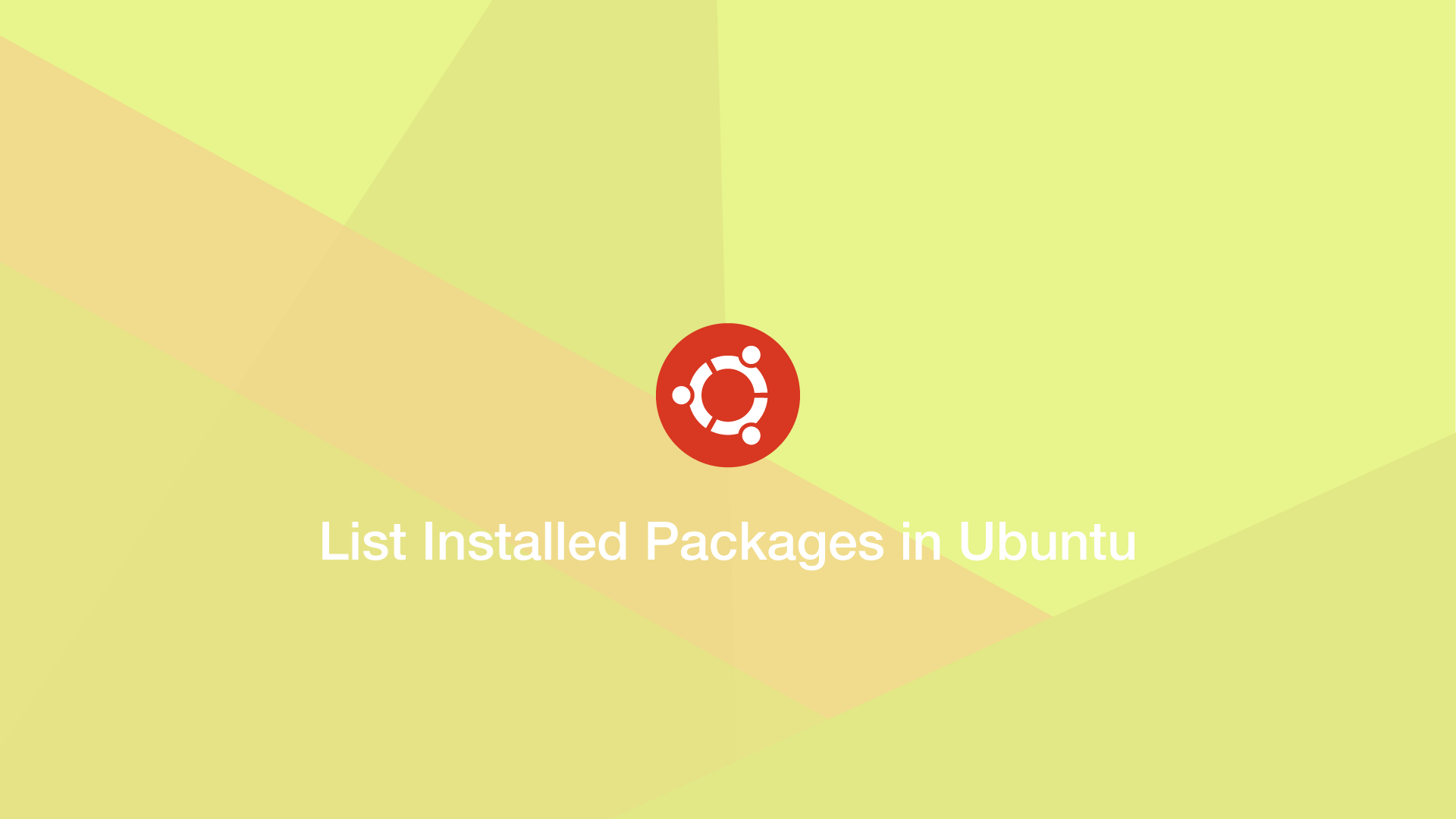

Install Install (or upgrade) one or more packages or.

Newupgrades List packages newly available for upgrading New List packages that became available since last update Update Update the list of downloadable packages Like aptitude, except that it works like you'd expect a command dispatcher to work. There is a package called wajig Check it out for the command line, it is the first thing I install now. You could, for example, use grep to limit the search to a three-month period by adding grep 2016-0 to the first pipeline it's very flexible. Grep \ limits results to new installations. The following trick answers Aleksandr Dubinsky's request to limit this to manually-installed packages: comm -12 /tmp/dpkg.log You could run this command to list only the recently installed package names, awk '$3~/^install$/ ' /var/log/dpkg.logĬommand to list history of apt-get (NOTE: this doesn't list dependencies installed, it simply lists previous apt-get commands that were run): grep " install " /var/log/apt/history.logĮxample output: Commandline: apt-get install libindicate-docĬommandline: apt-get -reinstall install ttf-mscorefonts-installerĬommandline: apt-get install valac libvala-0.10-devĬommandline: apt-get install libgtksourceview-devĬommandline: apt-get install python-sphinxĬommandline: apt-get install python-epydocĬommandline: apt-get install quickly-widgetsĬommandline: apt-get install libreoffice3* libobasis3.3* Command to list recently installed packages that were installed via any method ( apt-get, Software Center et al.): grep " install " /var/log/dpkg.logĮxample output: 15:48:14 install python-testtools 0.9.2-1


 0 kommentar(er)
0 kommentar(er)
